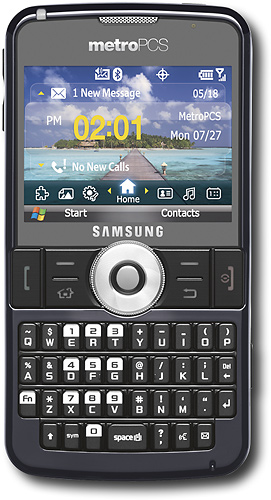Globalisation and fair trade: a research activity
 Tuesday, March 9, 2010 at 10:08AM
Tuesday, March 9, 2010 at 10:08AM 
Researching and finding useful information in English can be difficult, especially if you want to present something clear and concise to the class. Here are some ideas to help you research the concept of fair trade and/or globalisation.
I suggest you limit yourself to 10-15 minutes maximum of "searching" in order to have time to use and understand the resource or resources you choose.
1. Google searches: Try to limit your search. Try searches like:
fair trade + definition
fair trade + ESL
fair trade + basic facts
2. News site searches: Sometimes it is easier and more interesting to go directly to a news site and search one specific site. Some examples of sites you could search:
NOTE: for a two-word search, don't forget to use apostrophes: "fair trade"
3. Looking for ideas? Try www.eyeplorer.com
This site helps you see different aspects of a subject and could give you a specific idea to research.
4. Podcasts? Video? Slideshows? Images?
Of course you can use this type of resource. Just check the difficulty before spending too much time on an audio or video extract.
Adding +ESL to your search can help you find audio or video extracts suitable for English students, but there are also a lot of sites that are mainly advertising, or difficult to navigate. See me if you need help.
DON'T FORGET TO TAKE NOTES FOR YOUR CLASS PRESENTATION TOMORROW. YOU WILL REPORT ON YOUR SEARCH PROCESS, WHAT YOU FOUND AND WHAT YOU LEARNED.
 fair trade,
fair trade,  globalisation,
globalisation,  lessons
lessons 


